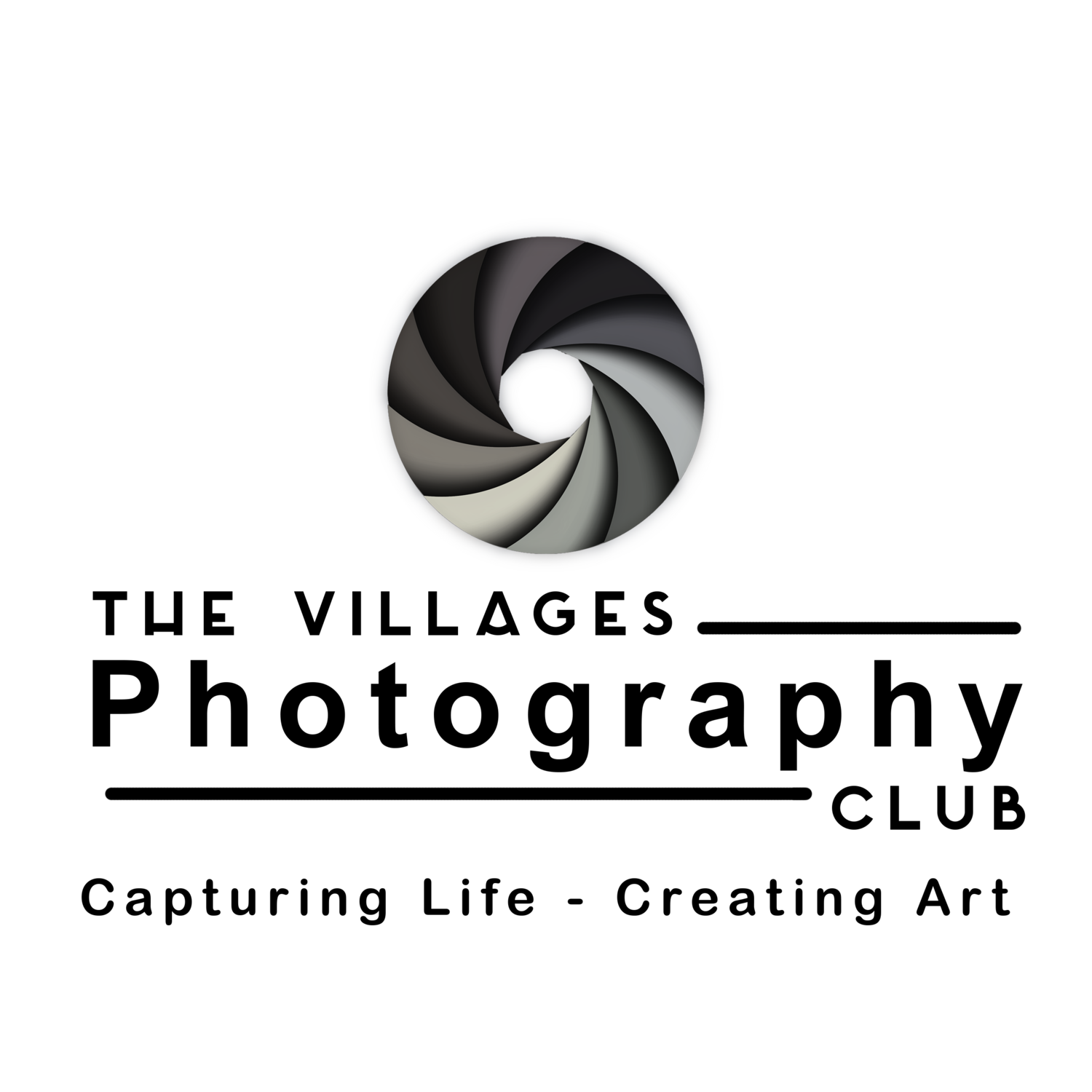Artificial Intelligence (AI) is having a significant and multifaceted impact on photography contests and this impact is only expected to grow. Here's a breakdown of the key areas:
1. The Definition of "Photography" is Being Challenged:
Blurred Lines: AI-generated images can be incredibly realistic, making it difficult for judges and viewers to distinguish them from traditional photographs. This raises fundamental questions about what constitutes "photography" in a contest setting. Is it about capturing light with a camera, or can it include images created through algorithms and text prompts?
"AI-Assisted" vs. "AI-Generated": There's a growing distinction between images that are heavily edited or enhanced using AI tools (like noise reduction or content-aware fill) and those that are entirely generated by AI. Many contests are grappling with where to draw this line.
2. Increased Scrutiny and Rule Changes:
Disqualification and Controversy: Cases of AI-generated images winning or being finalists in traditional photography contests, only for the artists to reveal their AI origins (e.g., Boris Eldagsen's "The Electrician"), have sparked widespread debate and led to withdrawals or rejections of awards.
New Categories: Many contests are introducing specific categories for AI-generated images or "AI art" to accommodate this new medium while preserving the integrity of traditional photography categories. This allows for the exploration of AI's creative potential without directly competing with camera-based work.
Stricter Rules: Photography contests are updating their rules to explicitly address AI. Some are banning AI-generated images entirely from traditional categories, while others are allowing limited AI-assisted processing but prohibiting any significant alteration or generation of content.
Provenance and Verification: The need to verify the authenticity of submissions is becoming paramount. Contests may increasingly request original, unedited files or other evidence to ensure images were genuinely captured by a camera and not created by AI. Technologies like Content Credentials (C2PA) are emerging to help trace an image's history and provenance.
3. Ethical Concerns:
Fairness and Level Playing Field: Many argue that allowing AI-generated images to compete against human-created photographs is unfair, as AI can produce polished results with minimal effort compared to the skill and dedication of a photographer.
Copyright and Ownership: The legal landscape around copyright for AI-generated works is still evolving. Who owns the copyright to an image created by an AI? This is a complex issue for contests that typically require entrants to grant usage rights.
Misinformation and Trust: The ability of AI to create hyper-realistic but fake images raises concerns about misinformation, particularly in photojournalism or documentary categories where truthfulness is paramount.
4. Evolution of Creativity and Skill:
New Creative Avenues: AI offers photographers new tools for post-processing, experimental art, and even conceptualizing images. This could lead to innovative and visually stunning works.
Shifting Focus of Skill: The emphasis in traditional photography contests may shift even more towards the photographer's vision, storytelling, and ability to capture unique moments, as opposed to purely technical perfection (which AI can often replicate). For AI-generated categories, the skill might lie in prompt engineering, artistic direction, and ethical use of the tools.
In conclusion, AI's impact on photography contests is transforming the rules, ethics, and very definition of photographic art. While it presents challenges in terms of fairness and authenticity, it also opens up new creative possibilities and forces the photography world to engage in a vital discussion about the future of image-making.
Click here for the current rules on the use of AI in The Villages Photography Contests
